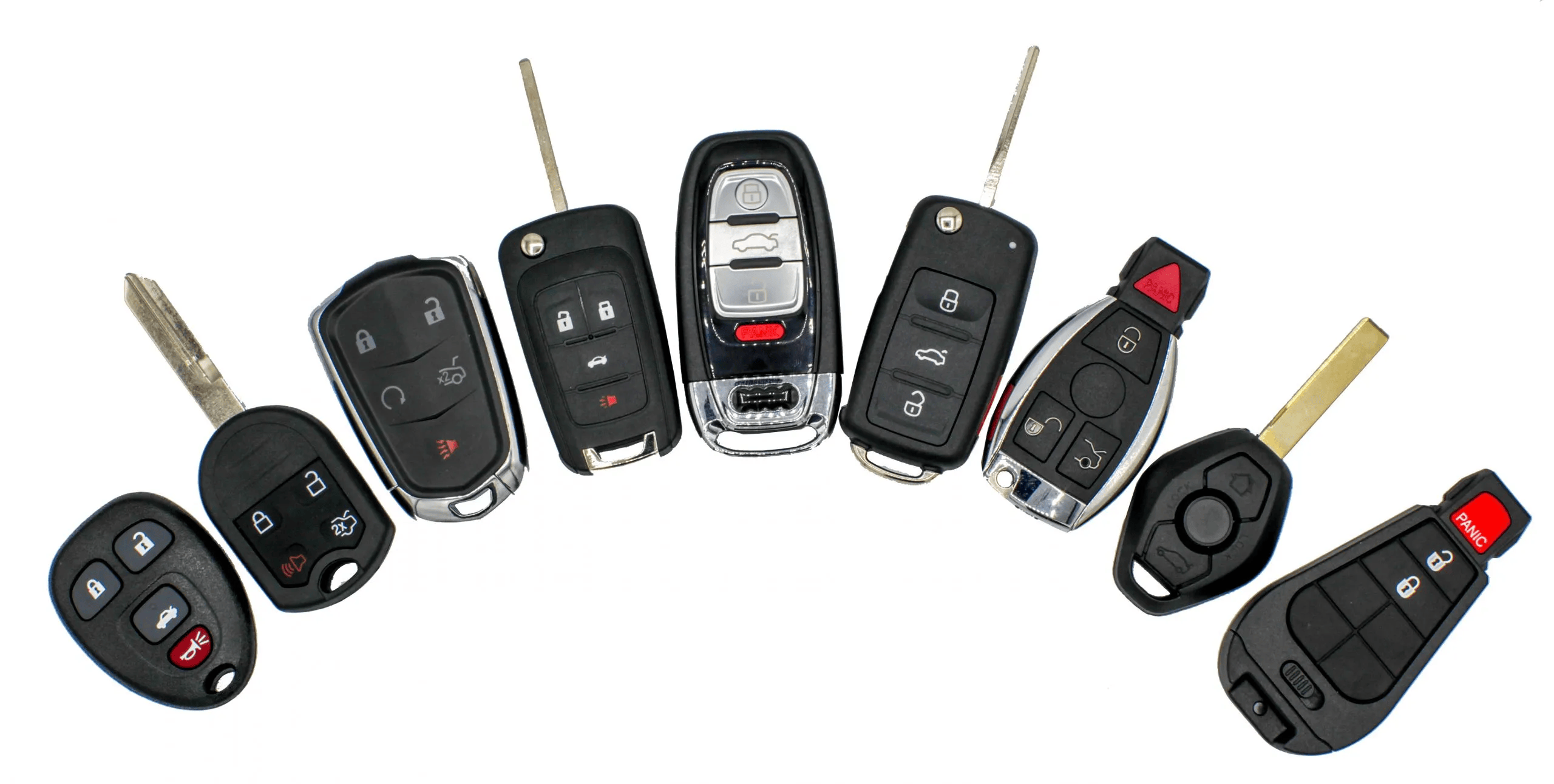Modern automotive technology has revolutionized the way we access and secure our vehicles. One significant advancement is the introduction of car key transponders, which have become commonplace in today's vehicles. In this article, we will explore what a car key transponder is and delve into how it works, shedding light on this critical component of vehicle security.

Understanding Car Key Transponders:
A car key transponder, often referred to as a transponder key, is a type of electronic key that enhances the security of a vehicle. Unlike traditional mechanical keys, transponder keys incorporate a small electronic chip or transponder within the key's head. This chip communicates with the vehicle's immobilizer system, allowing the engine to start only when the correct transponder key is present.
How Car Key Transponders Work:
1. Transponder Chip: The transponder chip embedded within the car key head contains a unique identification code. This code is programmed to communicate with the vehicle's immobilizer system.
2. Immobilizer System: The vehicle's immobilizer system is a security feature that prevents unauthorized individuals from starting the engine. It consists of a transceiver or antenna located near the ignition cylinder that reads the transponder chip's code.
3. Authentication Process: When the driver inserts the transponder key into the ignition cylinder and turns it, the immobilizer system sends out a radio frequency signal to the transponder chip.
4. Response from the Transponder Chip: The transponder chip receives the signal and generates a unique response code based on its pre-programmed identification code.
5. Transmission and Verification: The transponder chip transmits the response code back to the immobilizer system via radio frequency. The immobilizer system receives the response and verifies its authenticity.
6. Engine Start: If the response code matches the expected code stored within the immobilizer system, the system sends a signal to the engine control unit (ECU) to allow the engine to start. If the codes do not match, the engine will not start, preventing unauthorized use of the vehicle.
Benefits of Car Key Transponders:
Car key transponders offer several advantages in terms of vehicle security:
1. Theft Deterrence: The presence of a transponder chip adds an additional layer of protection against theft. Since the engine will not start without the correct transponder key, it becomes significantly more challenging for thieves to hot-wire or start the vehicle without authorization.
2. Increased Security: Transponder keys utilize a unique identification code for each vehicle, making it extremely difficult for someone to use a different transponder key to gain access to the vehicle.
3. Remote Keyless Entry: Many car key transponders are integrated with remote keyless entry systems, allowing for convenient locking and unlocking of the vehicle with the push of a button.
4. Difficult to Duplicate: Transponder keys require specialized equipment and programming to duplicate accurately, making them less susceptible to unauthorized duplication compared to traditional keys.
Conclusion:
Car key transponders play a vital role in enhancing vehicle security by employing electronic communication between the key and the vehicle's immobilizer system. The unique identification code programmed within the transponder chip ensures that only the correct key can start the engine. Understanding how car key transponders work helps drivers appreciate the advanced security features that protect their vehicles from theft and unauthorized use.

 Englishen
Englishen











 No.991 Xingxiu Road,Taiwanese Investment Zone, Quanzhou, Fujian Province,P.R.China
No.991 Xingxiu Road,Taiwanese Investment Zone, Quanzhou, Fujian Province,P.R.China +86 13960286508
+86 13960286508
 3D Reality Showroom
3D Reality Showroom
